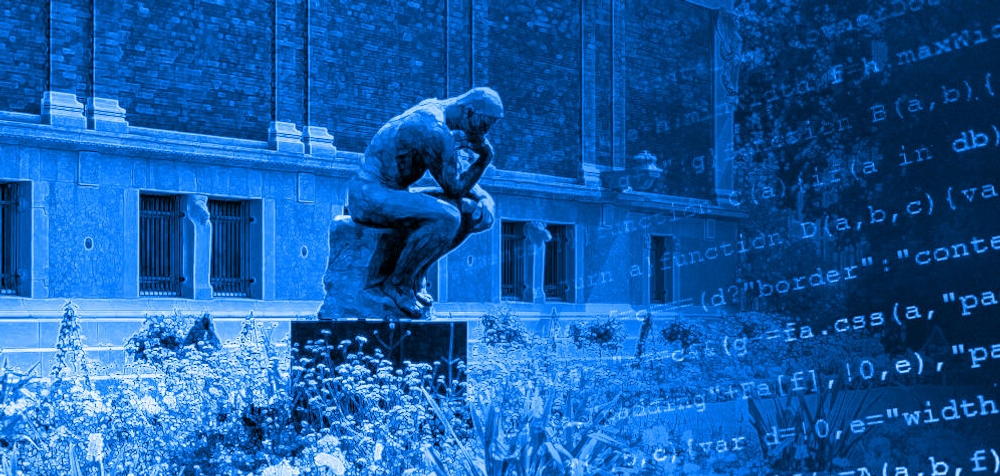What Is the Internet Doing to Our Brains?
The internet is changing how we think and remember things. How do you deal with the algorithms? Learn why I created AstroBrain

Trying to answer this question, Nicholas Carr published The Shallows in 2010. An essay (which I highly recommend) that builds on the ideas of his earlier work, Is Google Making Us Stupid?. In it, he examined how the internet is altering the way we consume and process information.
Carr noticed that the internet, or more specifically, the ability to Google anything at any time, had reduced his need to memorize information. Then, he wondered what effects this might have on his (our) brains.
After analyzing how different technologies have changed the way we humans process and interact with information throughout history, from the written word to the printing press and even the typewriter, Carr highlighted how these shifts have not only transformed the medium but also the nature of human thought itself. For instance, when Friedrich Nietzsche adopted a typewriter due to his failing eyesight, even his writing style changed, becoming more terse and aphoristic. Carr used such examples to illustrate how new technologies can subtly, yet profoundly, reshape how we think and reason, often in unexpected ways. However, he also warned of the downsides of using these tools in ways that erode deep thinking and personal autonomy.
Fast forward to today, and the challenge has only intensified with the dominance of mainstream social networks, driven by instant gratification and constant engagement.
How many phone numbers can you remember today?
I bet you’ve experienced effects similar to those described by Carr. If you’re old enough, you probably used to know a bunch of phone numbers by heart (I sure did!). And what about music? Do you still listen to albums the way we did before the Web 2.0 era? Can you remember the names of artists or the lyrics of songs you discovered in the last year?
We Need Time to Learn How to Use New Tools
Although Carr’s conclusions are more of an hypothesis than something based on hard evidence, his observations feel highly relatable. I believe it’s only a matter of time before “best practices” emerge for how we should use search engines, social networks, and other digital tools in a way that enhances our understanding rather than diminishing our attention span or derailing our own train of thought with algorithmic suggestions.
After all, every new technology requires time, until we can clearly identify all its pros and cons. Did you know that shoe stores used to have devices called fluoroscopes that used X-rays to show how well shoes fit? It took decades to recognize the health risks, like cancer, due to X-ray exposure. Eventually, these machines were banned.
Is There Something We Can Do?
I think so. But I believe that it requires us to be more active and mindful when using online services, thinking carefully about what we want and need, rather than passively letting algorithms decide for us.
This is one of the reasons why I created AstroBrain. By using it daily and challenging yourself to beat your record, you can gradually train your brain and improve your ability to remember numbers. The app is designed to let you start at your own pace and increase the difficulty as you improve. It was inspired by Sara García Alonso’s explanation (in Spanish) of how numerical tests are used in astronaut selection processes.
Additionally, returning to the topic of music, you can also maintain a folder on Spotify (or any streaming service you prefer) with albums that hold meaning for you, playing them more often than algorithm-curated playlists, just like we used to with stereos.
Moreover, tools like Anki and Obsidian can help you organize your thoughts and learn in a deeper way. In future posts, I’ll share some of my AI-powered workflows involving these tools, so stay tuned!
How about you? What do you do to stay in control, train your brain, and avoid being swept away by algorithms? I’d love to hear your thoughts.
Back to the top ↑